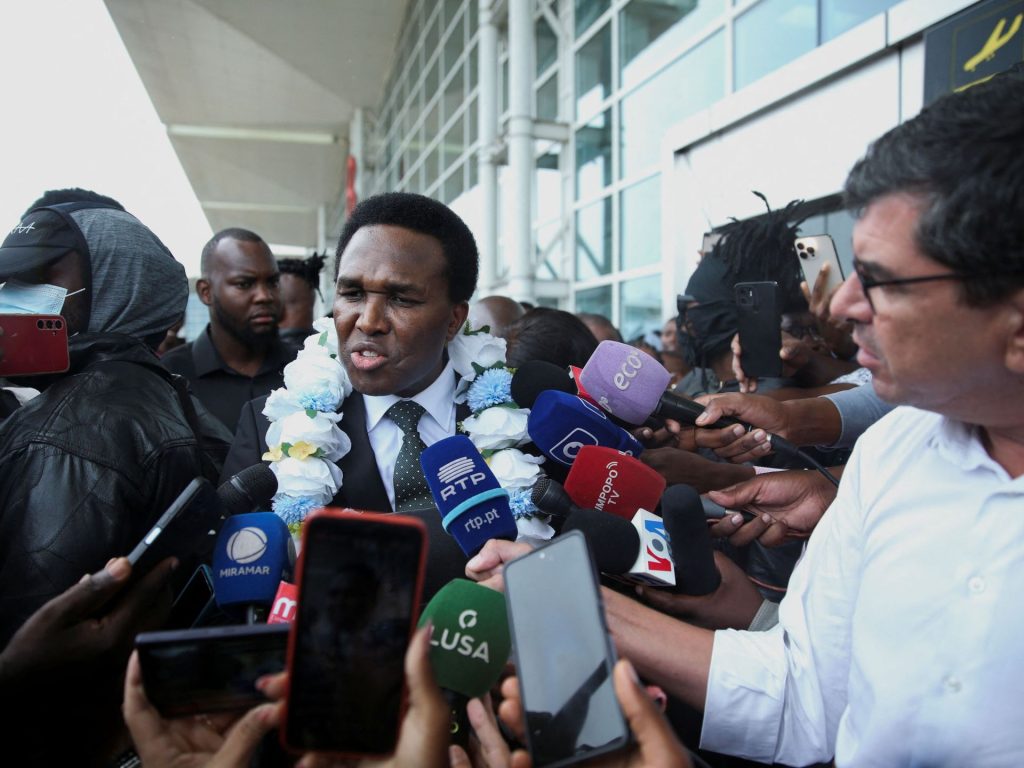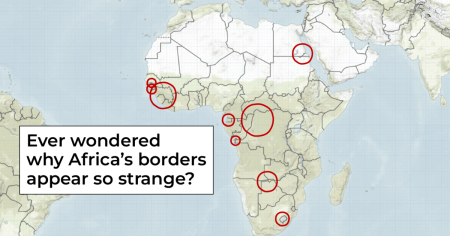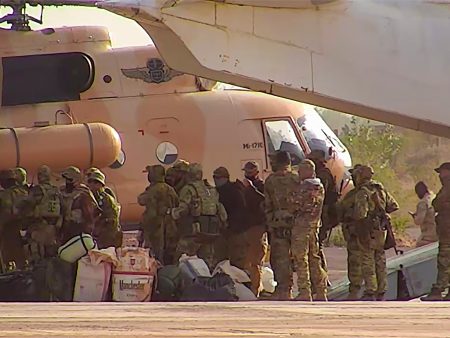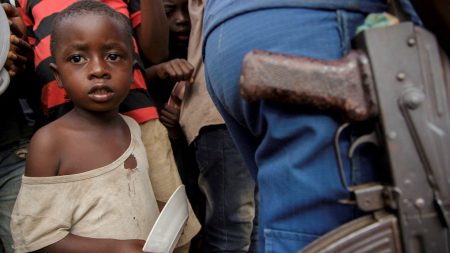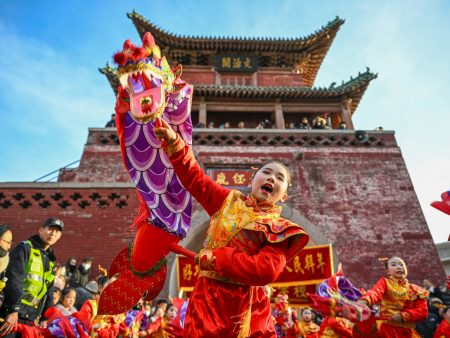Mozambique is grappling with a profound political and social crisis following the disputed October 9, 2024 elections. The incumbent Frelimo party, in power for 50 years, declared victory for its candidate, Daniel Chapo, amidst allegations of widespread irregularities and fraud. Opposition leader Venancio Mondlane, after a brief self-imposed exile, returned to Mozambique, claiming to be the rightful “president-elect” and accusing the government of a “silent genocide” against opposition members. His return sparked violent clashes between security forces and protesters, highlighting the deep divisions and escalating tension gripping the nation. Independent observers, including the EU and the Episcopal Conference of Mozambique, corroborated claims of electoral malpractice, further fueling public discontent and demands for a re-election.
The Frelimo government responded to the opposition’s challenge and public protests with a brutal crackdown, resulting in the deaths of over 300 people, including children. This violence, coupled with increasing political instability, has had a devastating impact on Mozambique’s economy. Protests and vandalism disrupt commerce, vital trade routes, including the Lebombo border post, are frequently closed, incurring significant losses for neighboring countries like South Africa. A prison riot further exemplifies the breakdown in law and order. The Constitutional Council’s confirmation of Chapo’s victory, despite the widespread allegations of fraud, only exacerbated the situation, deepening public distrust in domestic institutions.
Facing a seemingly unresponsive government and escalating violence, Mozambican civil society organizations turned to South Africa, appealing to President Cyril Ramaphosa to intervene. This plea, bypassing the regional body SADC, reflects a deep-seated distrust in the organization’s ability to address the crisis impartially. The SADC, having previously endorsed the elections, is seen as complicit in legitimizing Frelimo’s questionable victory. The request for South African intervention highlights the desperation for a resolution and the perceived failure of regional mechanisms to ensure democratic accountability.
While the SADC’s troika eventually convened a virtual summit to address the situation and deployed a panel of elders and a ministerial committee to engage with the Mozambican government and opposition, these actions were perceived as belated and insufficient. The SADC’s initial endorsement of the flawed elections had already damaged its credibility and eroded public trust in its capacity to act as an impartial mediator. This historical pattern of overlooking electoral malpractice and state oppression within the region has left many skeptical of the SADC’s commitment to genuine democratic reform.
This current crisis echoes similar concerns raised during the 2019 elections, when Frelimo’s previous presidential candidate, Filipe Nyusi, secured a second term amid similar allegations of irregularities and violence. The SADC’s inaction during that election cycle contributed to a sense of impunity and set the stage for the current escalation. Mozambique’s history of civil war, the ongoing insurgency in Cabo Delgado, coupled with its status as one of the world’s poorest nations, paints a grim picture of a country teetering on the brink. Systematic lawlessness, corruption, and the erosion of judicial independence, as evidenced by the Single Salary Table law, further undermine the country’s fragile institutions.
The political impasse, economic turmoil, and underlying social vulnerabilities create a fertile ground for further conflict. While Mondlane and his supporters currently advocate for change through electoral processes, their patience, and that of the broader population, is wearing thin. The international community, particularly the SADC and the African Union, must take decisive action to prevent a descent into further violence and instability. Ignoring the crisis risks not only a humanitarian catastrophe within Mozambique but also destabilizing repercussions for the entire region. The inauguration of Chapo, despite the controversy, presents a window of opportunity for both the new president and the SADC. While Chapo’s dismissal of the police chief, accused of complicity in the violence, is a positive step, it is not enough. The SADC must implement robust mechanisms to ensure free and fair elections in the future, holding the Mozambican government accountable to its democratic obligations. Failure to act decisively now risks condemning Mozambique to a future of instability and potentially igniting a wider regional crisis.




